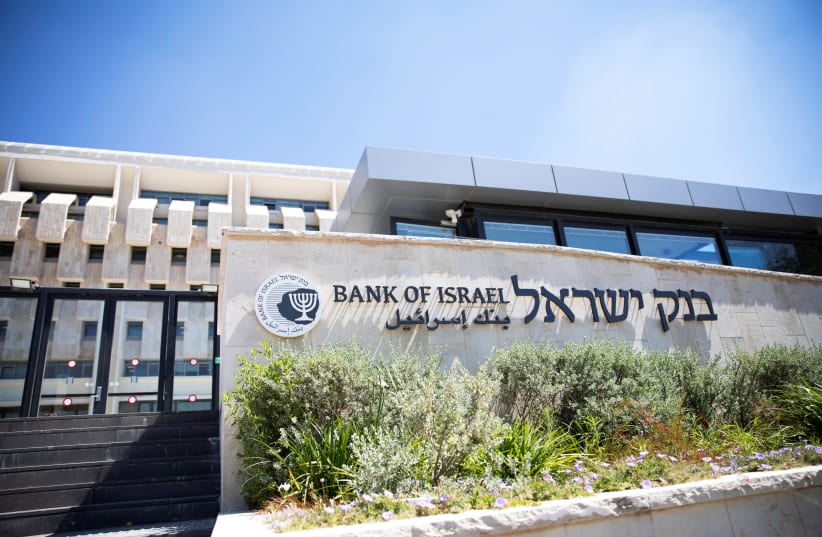JERUSALEM, Aug 23 (Reuters) - The Bank of Israel left its benchmark interest rate at 0.1% for an 11th straight policy meeting on Monday, citing higher inflation but uncertainty over economic activity due to an increase in COVID-19 infections from the Delta variant.
All 15 economists polled by Reuters had said they expected the monetary policy committee to keep rates steady after doing so ever since cutting them from 0.25% more than a year ago. The next policy move is widely expected to be a rate hike in 2022 or 2023.
The economy grew an annualized 15.4% in the second quarter from the prior three months after a small first-quarter contraction.
“There are still challenges to economic activity in view of the increased health risks in Israel and abroad,” the central bank said, adding it would “continue to conduct a very accommodative monetary policy for a prolonged time.”
Following a vaccination rollout where most adults were inoculated, Israel in March emerged from a third lockdown and virus infections fell to near zero. But the Delta strain has led to a spike in infections.
The government is urging citizens to get a third shot and has started to impose some limitations for those not vaccinated. The third jab “is expected to help lower serious morbidity and lead to a reduction in the expected adverse impact on the economy,” the Bank of Israel said.
It said indicators regarding the period prior to the recent worsening of morbidity showed that the level of activity had returned to its long-term trend in most industries but was still below the trend in vulnerable, in-person industries.
The bank said labor market data show a return to pre-crisis levels, with job vacancies continuing to rise.
At the same time, Israel’s inflation rate rose to 1.9% in July - near the midpoint of the government’s 1%-3% annual target range - from 1.7% in June and inflation expectations for the coming year are around 2%.
Policymakers have said it is difficult to determine whether the revival in inflation, which turned positive in March, is transitory.
One thorn for the central bank is the strong shekel, which strengthened 0.6% against the dollar since the last decision on July 5 and 1.5% against a basket of currencies.
Through July, the Bank of Israel bought some $25.5 billion of foreign currency out of a planned $30 billion for all of 2021. Governor Amir Yaron has said the bank would continue to buy forex beyond $30 billion if needed.
